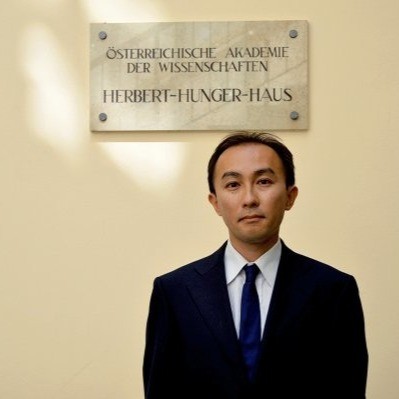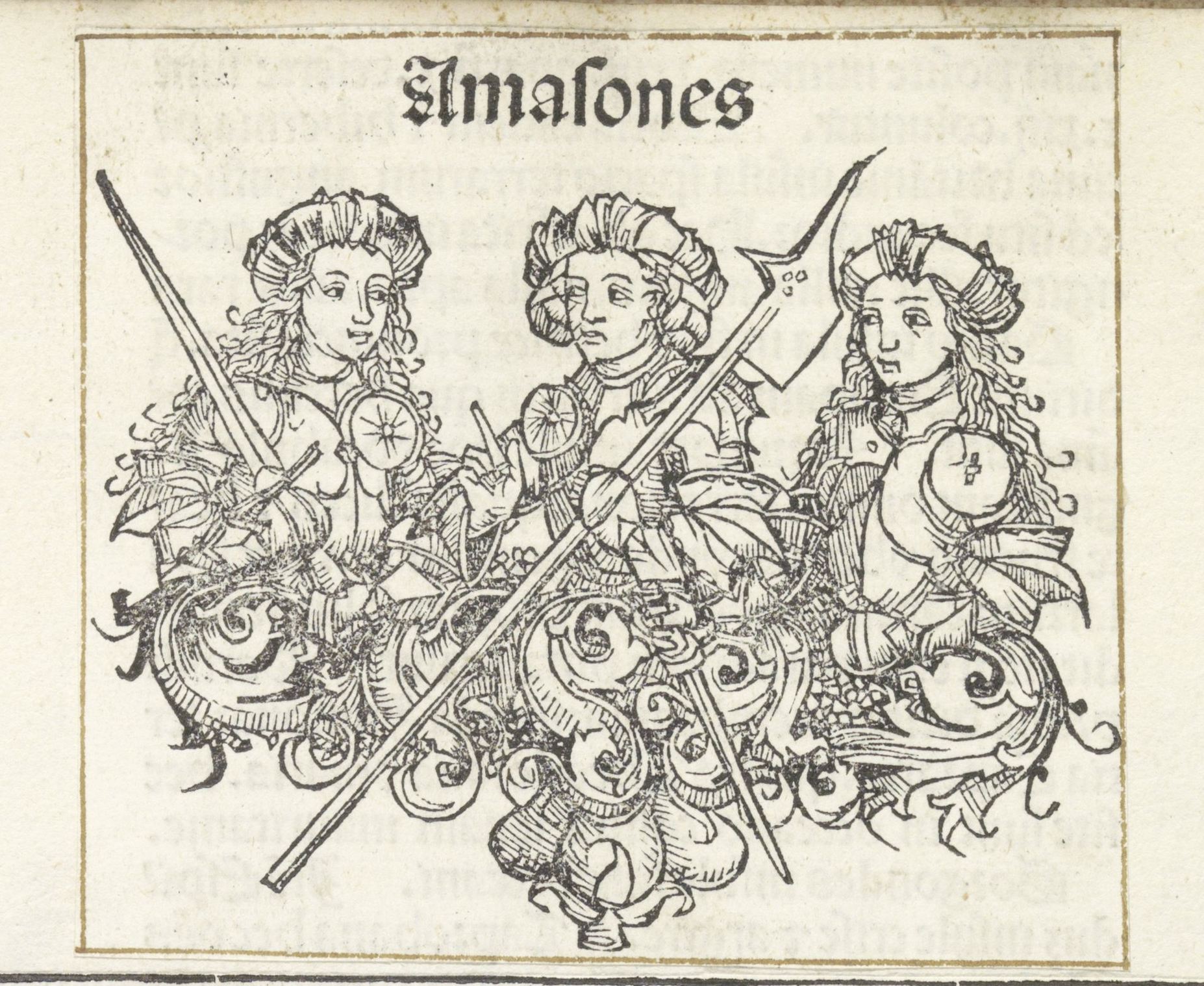
ReKisstory creator
ReKisstory in Bigger Picture
3 min to read

We See Brighter Future
Do you have an experience you did not know much about the history of a country when you are on vacation?
If so, you are not alone! I do very often, as I travel a lot. Even when I go back to my home country, this happens too.
Why is that? I think we have not learned history enough. For our defense, it is also true that we did not have time to do so. At the same time, we know that our understanding of history is all different. History is taught differently in school and at home. In a larger scale, we saw that such differences may lead to problems sometimes. If we look at the world now, misunderstanding and miscommunication of our knowledge could be a cause of a conflict. How can we solve that?
How many artists in history can you name? How many of them are from Japan or Thailand?
Most people underperform for the latter, even if you ask Japanese and Thai, right? Sometimes our knowledge may be "misguided" unconsciously by our society. For instance, in Japan where the author comes from, I have been taught about the world history at school. I guess we learn more about the Chinese history than people in Europe due to the geographical vicinity, but it is still heavily biased toward the Western history, as if it is the centre of the human history.
After pre-history, a typical "common history" might start from Egypt, to Greece and Italy. Then, go into Middle Age with Christianity, then to Renaissance, Colonialism, Industrial Revolution, and French Revolution. It goes on to capitalism and the World Wars, communism and Cold War, up until now.
Nice and continuous. We know so much about it, but it is hard to imagine the same for the countries in Global South. They occassionally appear, when invaded or got independence. Centuries can be quickly skipped without much explanation. Together with the great history of inventions and technologies, the progress-based history seems to be pretty much centered in Europe & Co. Surely, AI is biased in a similar way. How can we fix such biases? Without reading Claude Lévi-Strauss? :-)
One solution would be an open and free access to neutral knowledge for everybody
Not everybody will have the same knowledge, but we should be able to provide a way to access important information about ourselves, so we will have potential to solve those problems. In this sense, ReKisstory project is a little message that we would like to diversify our views of history (perhaps a little from an Asian perspective). We believe that common "facts" and "evidences" collected and generally agreed by historians should become available, while multiple views on historical interpretations should be enabled.
It is said in the time of equality and diversity of human begings that we still have many stereotypes and biases. We understand it is sometimes confusing and hard to update old mindsets. Yesterday's common sense may become obsolete today. But, we think our mindset could be updated, according to the modern paradigm. If we have access to more open and less-biased information, we can reduce biases and improve ourselves and understand each other step by step.
The Best Bet
We know our source data (Wikidata) is also biased to some extent, but it may be one of the most open and comprehensive human knowledge on the web at the moment (next to Wikipedia). It is multilingual, containing millions of facts, covering a wide range of fields. This was not possible at all 30 years ago. The entire knowledge is free from copyright (public domain). In addition, it has a way to show where the information comes from (provenance). If there is no such thing as perfect in this world, It is one of the best starting points.
By taking advantage of this sea of knowledge, ReKisstory aims to help people to find information more easily and freely. We design the app in such a way that people become curious and start play around the data we have. Let's not forget our Data Mix allows you to merge different data, so the shortcomings of Wikidata can be reduced. Last but not least, Wikidata is a platform for everybody. It is created by the public users. You could be one of them to update it. Do it now from here!

The Talmud recounts that Alexander (the Great) wanted to conquer a "kingdom of women" but reconsidered when the women told him:
"If you kill us, people will say: Alexander kills women; and if we kill you, people will say: Alexander is the king whom women killed in battle."
Source: Wikipedia